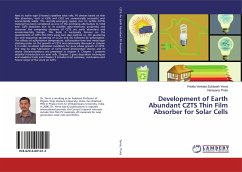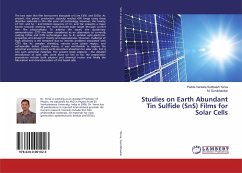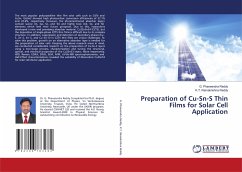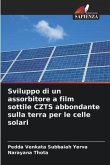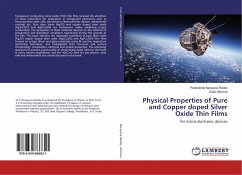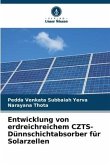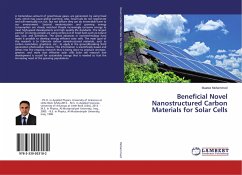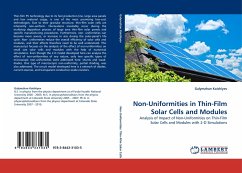Next to wafer type Si-based crystalline solar cells, PV devices based on thin film absorbers, such as CdTe and CIGS are commercially successful and economically viable. The recently emerging copper zinc tin sulfide (CZTS) material has been considered as one of the promising alternatives to CIGS and CdTe absorbers due to its suitable opto-electronic properties and moreover the comprising elements of CZTS are earth abundant and environmentally benign. This book is exclusively focuses on the development of CZTS thin films using two step method i.e., DC sputtering (Co and sequential sputtering of Cu,Zn and Sn) followed by sulfurization. The effects of sulfurization temperature, sulfurization time and metal layer stacking order on the growth of CZTS was extensively discussed in chapter 3 in order to obtain optimized conditions for pure phase growth of CZTS. The step by step fabrication of CZTS based photovoltaic devices and its device characterizations are presented in chapter 4. Chapter 1 presents detailed introduction on solar cells, Chapter 2 gives deposition techniques and analytical tools and Chapter 5 includes brief summary, conclusions and future scope of the work on CZTS.
Bitte wählen Sie Ihr Anliegen aus.
Rechnungen
Retourenschein anfordern
Bestellstatus
Storno

